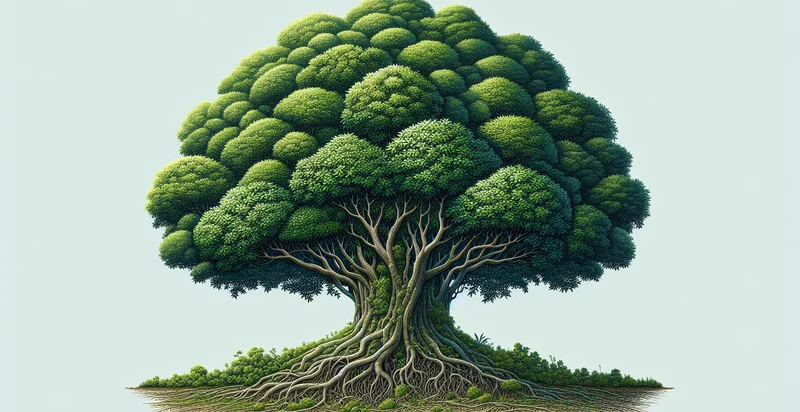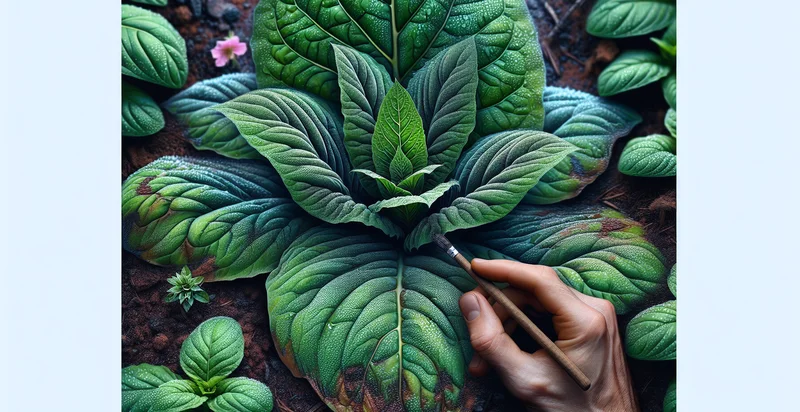Identify plant health
using AI
Below is a free classifier to identify plant health. Just upload your image, and our AI will predict the health status of various plant species. - in just seconds.

Contact us for API access
Or, use Nyckel to build highly-accurate custom classifiers in just minutes. No PhD required.
Get started
import nyckel
credentials = nyckel.Credentials("YOUR_CLIENT_ID", "YOUR_CLIENT_SECRET")
nyckel.invoke("plant-health", "your_image_url", credentials)
fetch('https://www.nyckel.com/v1/functions/plant-health/invoke', {
method: 'POST',
headers: {
'Authorization': 'Bearer ' + 'YOUR_BEARER_TOKEN',
'Content-Type': 'application/json',
},
body: JSON.stringify(
{"data": "your_image_url"}
)
})
.then(response => response.json())
.then(data => console.log(data));
curl -X POST \
-H "Content-Type: application/json" \
-H "Authorization: Bearer YOUR_BEARER_TOKEN" \
-d '{"data": "your_image_url"}' \
https://www.nyckel.com/v1/functions/plant-health/invoke
How this classifier works
To start, upload your image. Our AI tool will then predict the health status of various plant species..
This pretrained image model uses a Nyckel-created dataset and has 5 labels, including Damaged, Dead, Diseased, Dying and Healthy.
We'll also show a confidence score (the higher the number, the more confident the AI model is around the health status of various plant species.).
Whether you're just curious or building plant health detection into your application, we hope our classifier proves helpful.
Related Classifiers
Need to identify plant health at scale?
Get API or Zapier access to this classifier for free. It's perfect for:
- Crop Disease Detection: The plant health identifier can analyze images of crops to identify signs of disease early in their development. This allows farmers to take timely action to treat infected plants, potentially saving entire harvests and reducing the spread of disease.
- Precision Agriculture Monitoring: Farmers can leverage the plant health identifier to monitor the health of their crops through aerial images captured by drones. This technology enables targeted interventions, such as applying fertilizers or pesticides only where needed, optimizing resources and reducing environmental impact.
- Nursery Plant Assessment: Nurseries can use the plant health identifier to assess the health of young plants before they are sold. By identifying unhealthy plants early, nurseries can improve their stock quality and ensure that customers receive vibrant and healthy plants.
- Landscape Maintenance: Landscaping companies can implement the plant health identifier to assess the health of plants in commercial and residential properties. By identifying stressed or diseased plants, they can provide better maintenance services and enhance the overall aesthetic value of the landscapes they manage.
- Research and Development: Agricultural researchers can utilize the plant health identifier in experiments focused on plant genetics or growth conditions. The ability to quickly and accurately assess plant health can yield more precise results and lead to advancements in plant breeding techniques.
- Integrated Pest Management: The plant health identifier can assist in integrated pest management by assessing the impact of pests on plant health. By monitoring plants over time, agricultural professionals can develop more effective pest control strategies tailored to specific situations.
- Community Education and Engagement: Local agricultural organizations can use the plant health identifier to educate community members about plant care and pest identification. Workshops and demonstrations can utilize the technology to show how to recognize healthy plants, promoting better gardening practices among residents.


